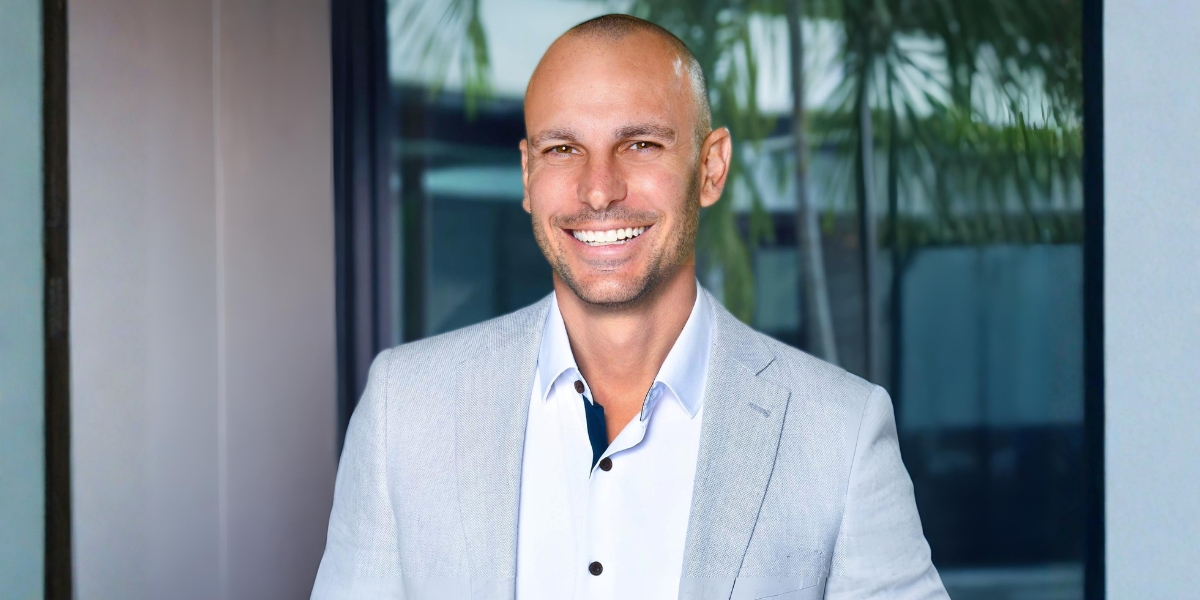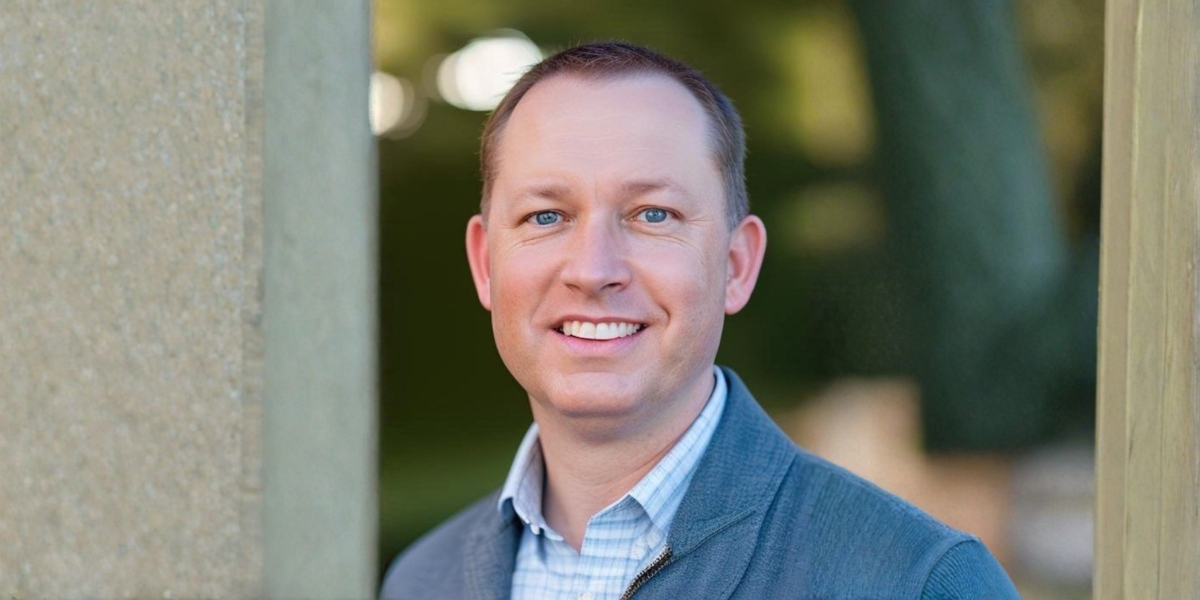By: Marcus Ellery
Anne Abel’s life has been marked by extraordinary turns: from confronting personal and family challenges to chasing one of the world’s famous rock stars across continents. But perhaps her profound journey was inward—facing mental health struggles head-on, committing herself to treatment, and discovering her own resilience along the way.
The Leap Into Inpatient Care
When Abel finally checked herself into a psychiatric hospital, the fear was almost paralyzing. “It was absolutely terrifying,” she recalls. “I was terrified about missing Andy, terrified of being homesick, terrified of being with strangers who had a host of mental health problems—and most of all, terrified of having ECT.” Despite the anxiety, Abel knew she had no other choice. For the first time in her adult life, she had reached a point of catatonia, unable to motivate herself even for basic routines like working out. Going to the hospital was a desperate, courageous step toward recovery.
Once there, Abel’s experience was surprisingly positive. She adapted to the routines of inpatient care and found unexpected enjoyment. ECT treatments were scheduled three mornings a week, and though intimidating at first, the side effects were manageable. “The only side effect was that I was hungry afterward,” she says. She also discovered an unexpected joy in the communal life of the hospital, appreciating the camaraderie and conversations with other patients. Weekends brought visits from her partner Andy, and she often shared meals with him in the hospital dining hall, delighting in both the food and the social environment.
Facing ECT Head-On
Electroconvulsive therapy (ECT) is often feared for its intensity, and Abel’s first session was no exception. As she was wheeled toward the treatment room, her mind flashed to images from One Flew Over the Cuckoo’s Nest. “When the anesthesiologist put the mouth bite in and the mask over my face, I wanted to rip it off and run,” she admits. But Abel’s lifelong discipline came into play—she counted backward from ten, and in what felt like moments, the treatment was over.
The first two regimens of ECT she underwent caused minimal side effects, though later treatments led to memory gaps and chronic jaw pain. It took years, various medications, and the guidance of a former anesthesiologist to manage the discomfort. Looking back, Abel acknowledges that the positive effects of her early ECT sessions may have been as much about the supportive environment of the hospital as the treatment itself.
The Australia Trip: Transformation in Motion
Abel’s journey of self-discovery continued when she traveled to Australia to follow Bruce Springsteen and the E Street Band on tour—a trip initially suggested as a way to pull herself out of depression. Despite initial reluctance, the trip provided a transformative experience, one that began even before takeoff. On the flight to Sydney, a flight attendant asked why Abel was going to Australia. Her friends had rolled their eyes at the idea, and her inner critic had already begun to whisper doubts. The flight attendant’s response was striking: “Oh my, you are so brave. So courageous.”
This recognition sparked a new perspective. Abel began to see herself through a different lens, not as someone trapped in her own depression, but as someone capable of courage, independence, and joy. She noticed small affirmations along the way—strangers expressing admiration, young fans comparing her initiative to that of their own mothers—and each encounter strengthened her resolve.
Courage in Solitude and Connection
Throughout the Australian tour, Abel confronted both literal and metaphorical challenges. She navigated massive concert crowds, met Springsteen’s manager Barbara Carr in both intimate and overwhelming settings, and even found herself beckoned through a stadium of 60,000 fans to a brief exchange of encouragement. These moments of recognition, coming after years of isolation, provided a tangible sense of inclusion and worth.
Abel also discovered the joy of self-directed activity. She spent mornings writing emails to friends and acquaintances, thinking deeply, and reflecting on personal matters. The trip became an arena for quiet empowerment: she exercised, wrote, and observed the people around her, all while engaging with her love for music. “By the end of the trip, I was seeing myself differently,” she reflects.
Lessons in Resilience
Abel’s experiences, from psychiatric care to international travel, highlight a recurring theme: resilience is built through action, no matter how terrifying or uncertain. Choosing treatment, traveling alone across the globe, and engaging with strangers—all these steps were acts of courage that reinforced her sense of agency.
Interestingly, Abel’s triumphs were sometimes met with muted responses from familiar quarters. Upon returning home, her friends showed little interest in her adventures, preferring to view her through the lens of past struggles. “I realized that my friends expected our relationship to be about me being an audience for their stories,” she says. Yet Abel’s journey was never about external validation; it was about reclaiming her voice and confidence in a life that had often felt constricted by anxiety, depression, and family conflict.
The Courage to Move Forward
For Abel, both the hospital and the Australian tour offered critical lessons in courage, connection, and self-respect. The experiences underscored that personal growth often occurs in moments of discomfort, fear, and uncertainty. By embracing these experiences, she gained a renewed sense of self, the ability to navigate challenging relationships, and a deeper appreciation for her own strength.
Her story is not merely about fandom or travel, nor simply about surviving mental health challenges. It is about embracing fear and uncertainty to reclaim one’s life and identity. Anne Abel’s journey reminds us that transformation often comes from the unexpected intersections of courage, kindness, and opportunity—and that sometimes, stepping into the unknown is the bravest act of all.
Disclaimer: The information presented in this article reflects Anne Abel’s personal journey and experiences with mental health and treatment. The content is for informational purposes only and should not be considered as medical advice. Readers are encouraged to consult with a healthcare professional before pursuing any treatment or making significant changes to their mental health or wellness routine. Individual experiences may vary.








